Sponsored Content
LafargeHolcim Foundation reveals evaluation criteria on "target issues" for sustainable construction
Switzerland Architecture News - Oct 01, 2019 - 13:07 11889 views

The 6th LafargeHolcim Awards competition is open for entries until February 25, 2020. The Awards offers a total of USD 2 million in prize money and foregrounds sustainable construction projects and concepts from architecture, engineering, urban planning, materials science, construction technology, and related fields.
To evaluate the diverse submissions received in this global competition, the LafargeHolcim Foundation developed a framework of five "target issues" for sustainable construction. The five domains encompass the sustainable development goals of economic, social and ecological performance – but are extended to include contextual and aesthetic impact specific to the built environment, as well as an indicator for innovation and transferability.
Watch a 2-minute introduction to the Awards competition below:
Video courtesy of LafargeHolcim Foundation
The "target issues" promote strategies for improving the built environment. They are broad enough to enable five independent juries of experts in sustainable construction to evaluate and rank submissions in the Awards competition:
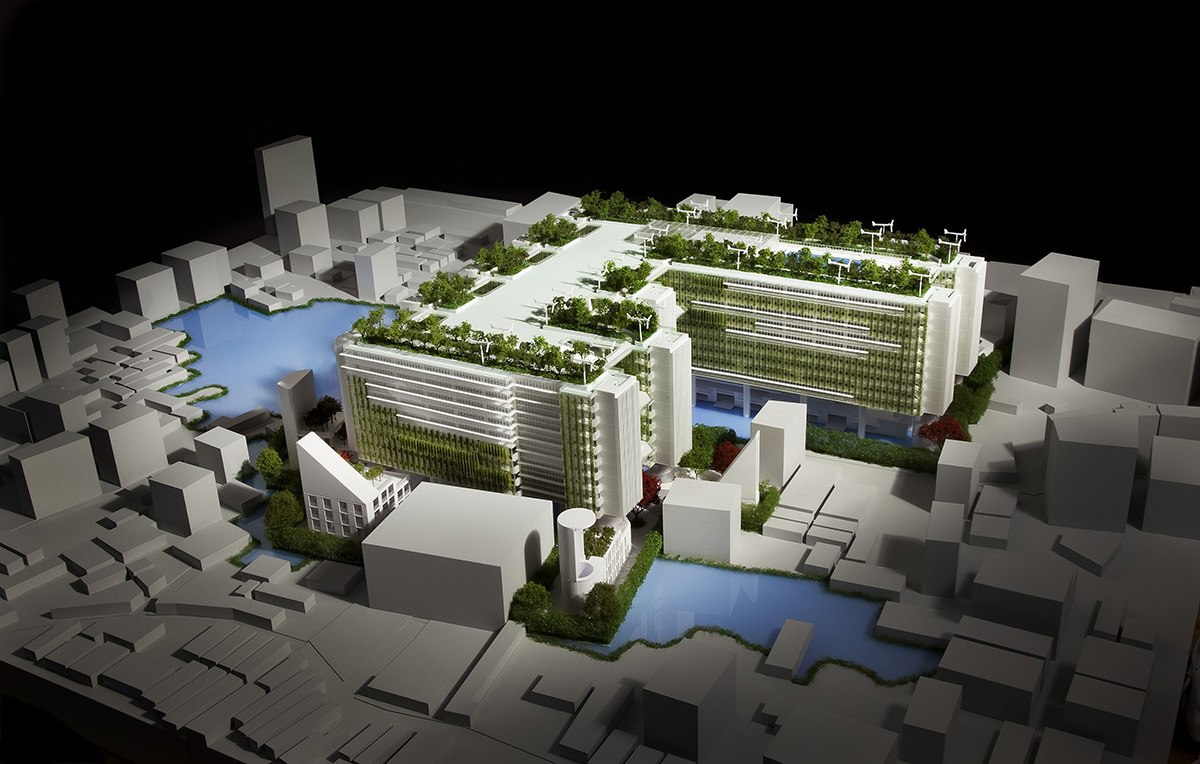
Floating University in Bangladesh, Innovation and transferability – Progress. Image courtesy of LafargeHolcim Foundation
Innovation and transferability – Progress
Projects must demonstrate innovative approaches to sustainable development, pushing the envelope of practice and exploring new disciplinary frontiers. Breakthroughs and trend-setting discoveries must be transferable to a range of other applications. Materials should be recyclable and integrated within circular economies. The production of waste should be avoided throughout a structure’s use-cycle.
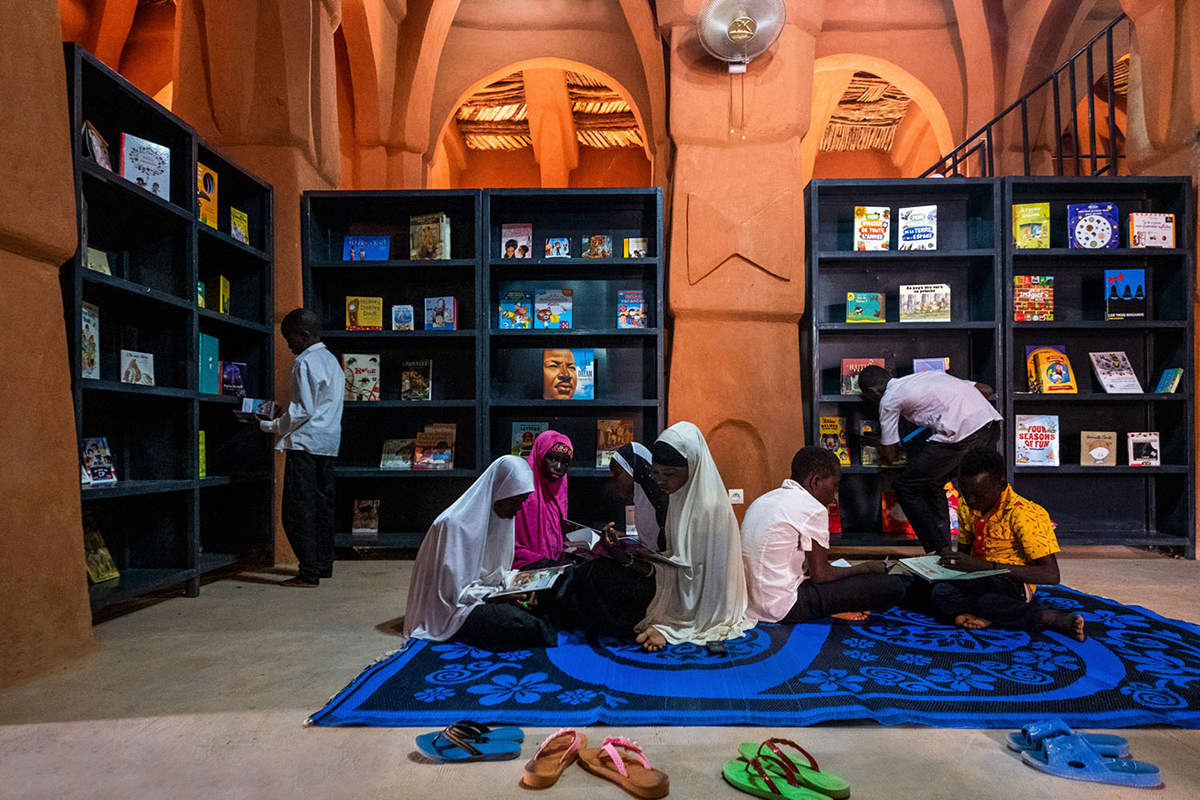
Religious and secular complex in Niger, Ethical standards and social inclusion – People. Image courtesy of LafargeHolcim Foundation
Ethical standards and social inclusion – People
Projects must adhere to the highest ethical standards and promote social inclusion at all stages of construction, from planning and building to use and servicing; to ensure an enduring positive impact on communities. Proposals must demonstrate how they enhance the collective realm and contribute to an affordable and socially inclusive habitat.
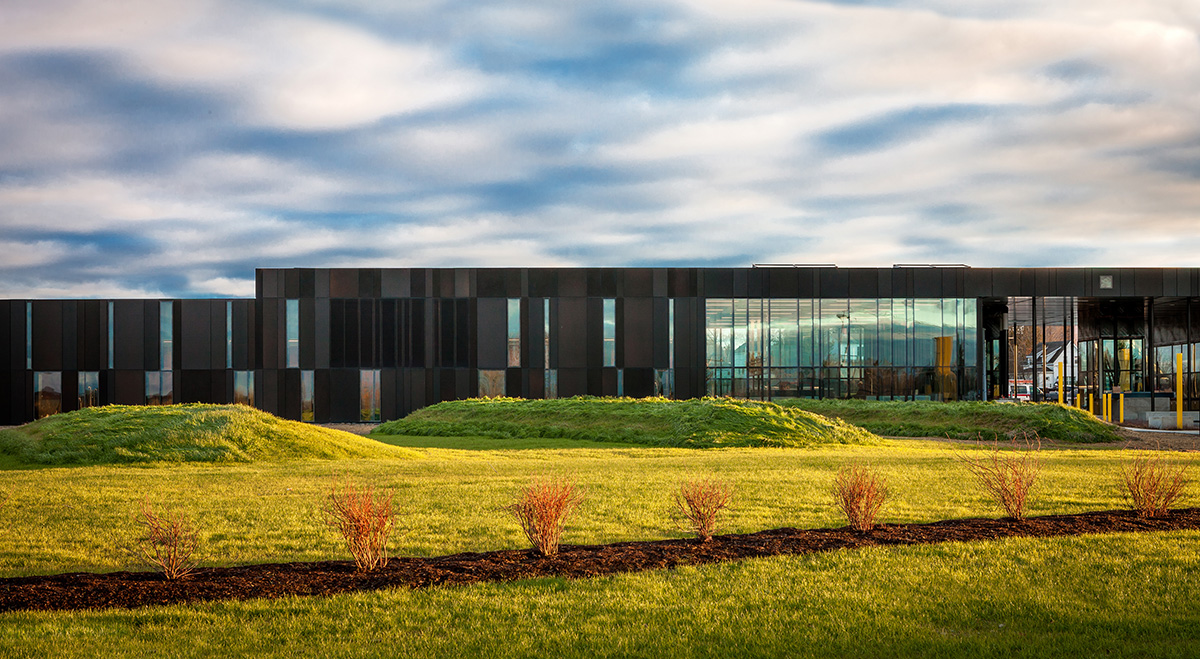
Energy and water efficient border control station in USA, Resource and environmental performance – Planet. Image courtesy of LafargeHolcim Foundation
Resource and environmental performance – Planet
Projects must exhibit a sensible use and management of natural resources throughout their entire life cycle. Long-term environmental concerns, especially pertaining to stocks and flows of material, water and energy, should be an integral part of the design philosophy.

Zero Energy Development units on parking lots in the United Kingdom, Economic viability and compatibility – Prosperity. Image courtesy of LafargeHolcim Foundation
Economic viability and compatibility – Prosperity
Projects must be economically feasible and able to secure financing – whether from public, commercial, or concessional sources – while having a positive impact on society and the environment. Avoiding the wasteful consumption of material resources and limiting CO2 emissions, an economy of means in construction is to be promoted. Construction must adhere to the logic of circular economies.
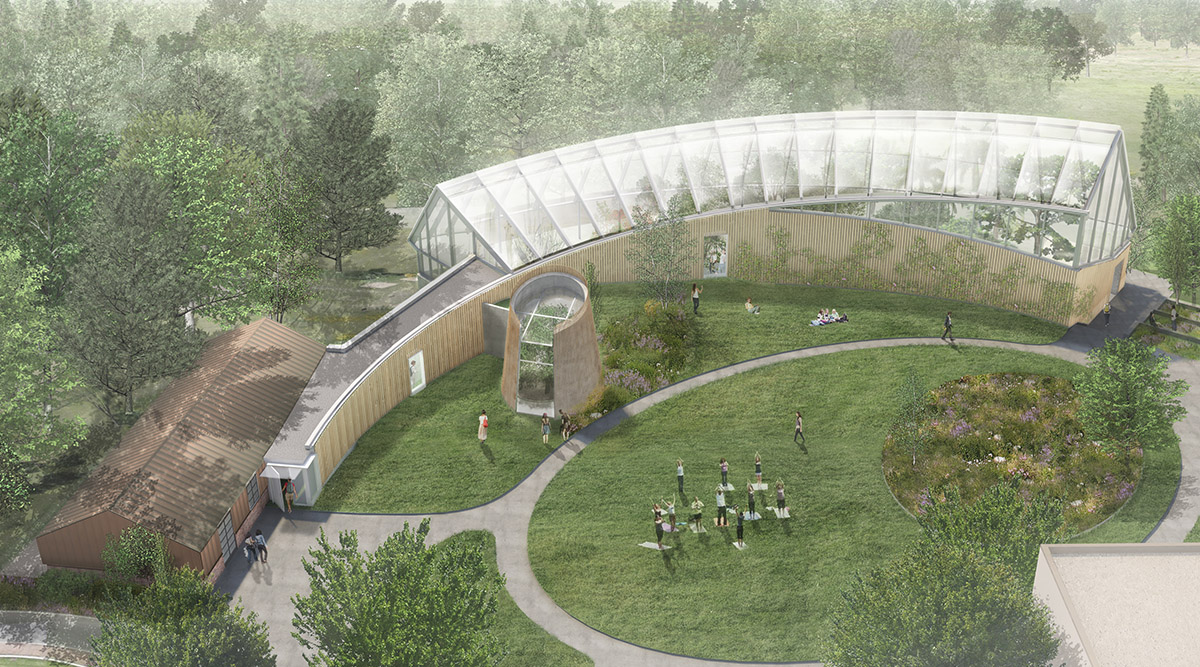
Global Flora at Wellesley College in Massachusetts, USA, Contextual and aesthetic impact – Place. Image courtesy of LafargeHolcim Foundation
Contextual and aesthetic impact – Place
Projects must convey a high standard of architectural quality as a prevalent form of cultural expression. With space, form and aesthetic impact of utmost significance, the material manifestation of the design must make a positive and lasting contribution to the physical, human and cultural environment.
Enter the LafargeHolcim Awards competition
The Main Awards category is open to sustainable construction projects at an advanced stage of design, with a high probability of realization. Construction/fabrication must not have started before January 1, 2019.
The Awards Next Generation category seeks visionary design concepts and bold ideas at a preliminary stage of design, including design studio and research work. To participate in this category, authors may not be older than 30 years. Students and young professionals are welcome to enter the Main Awards category with projects that have reached an advanced stage of design.
The LafargeHolcim Foundation also announced the prominent jury panel for LafargeHolcim Awards 2020 seeking projects for sustainable design and construction.
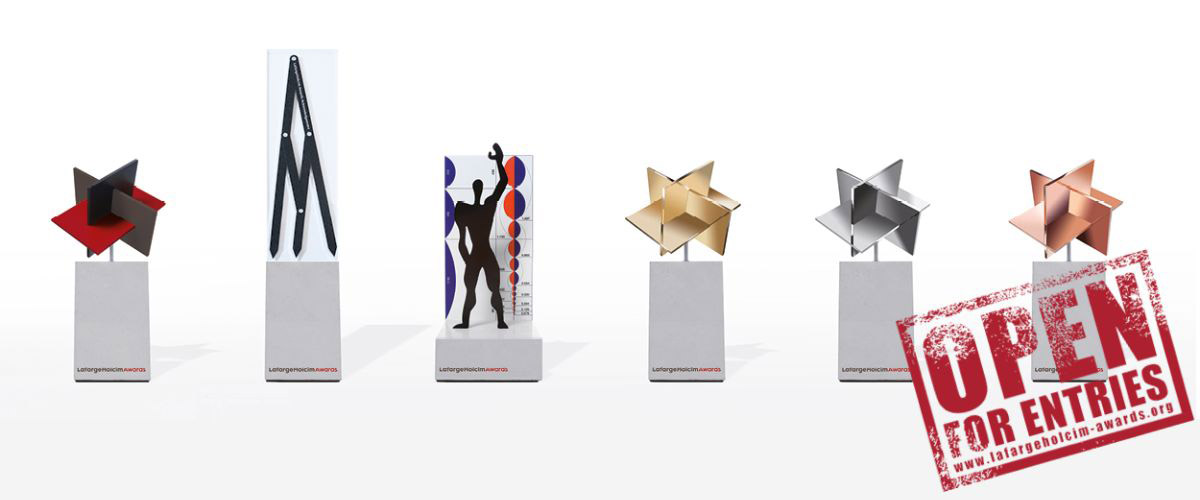
Image courtesy of LafargeHolcim Foundation
You can click on useful links to enter the 6th LafargeHolcim Awards below:
Entry form - LafargeHolcim Awards.
Guide - Step-by-Step on how to enter the competition.
Email questions - Awards Helpdesk: [email protected].
> via LafargeHolcim Foundation
